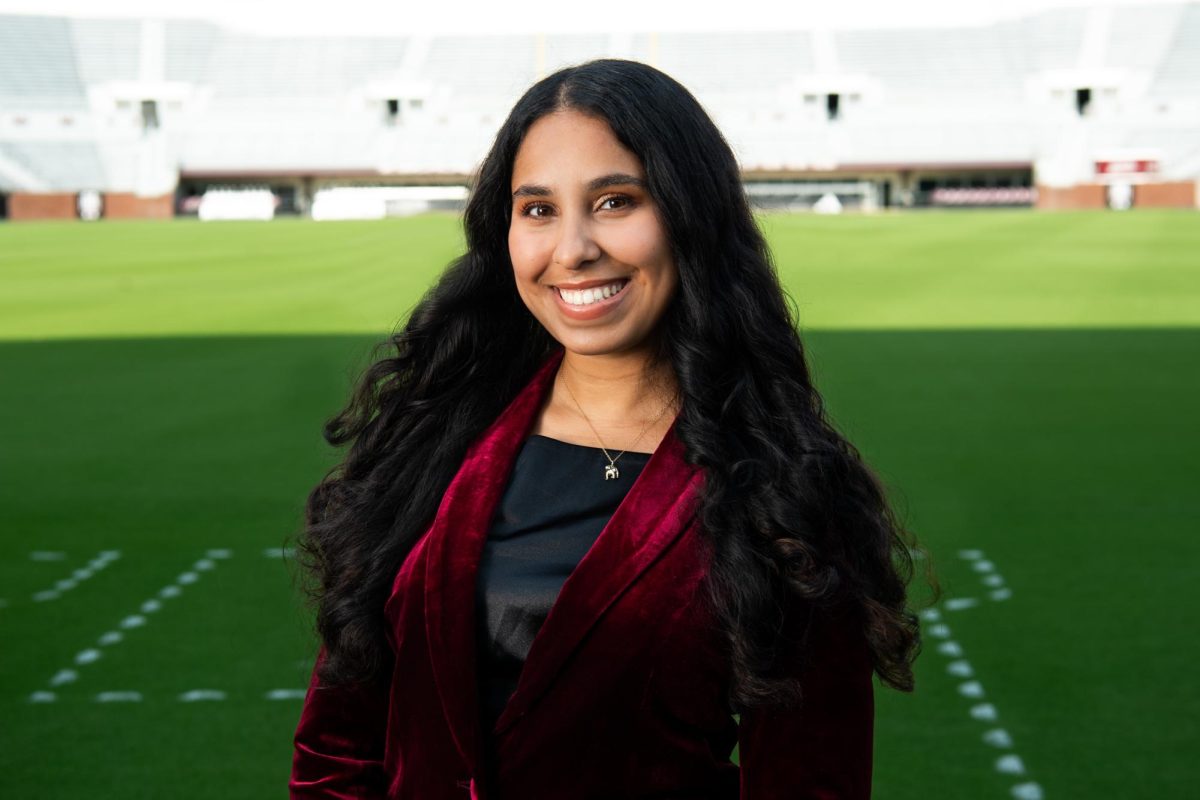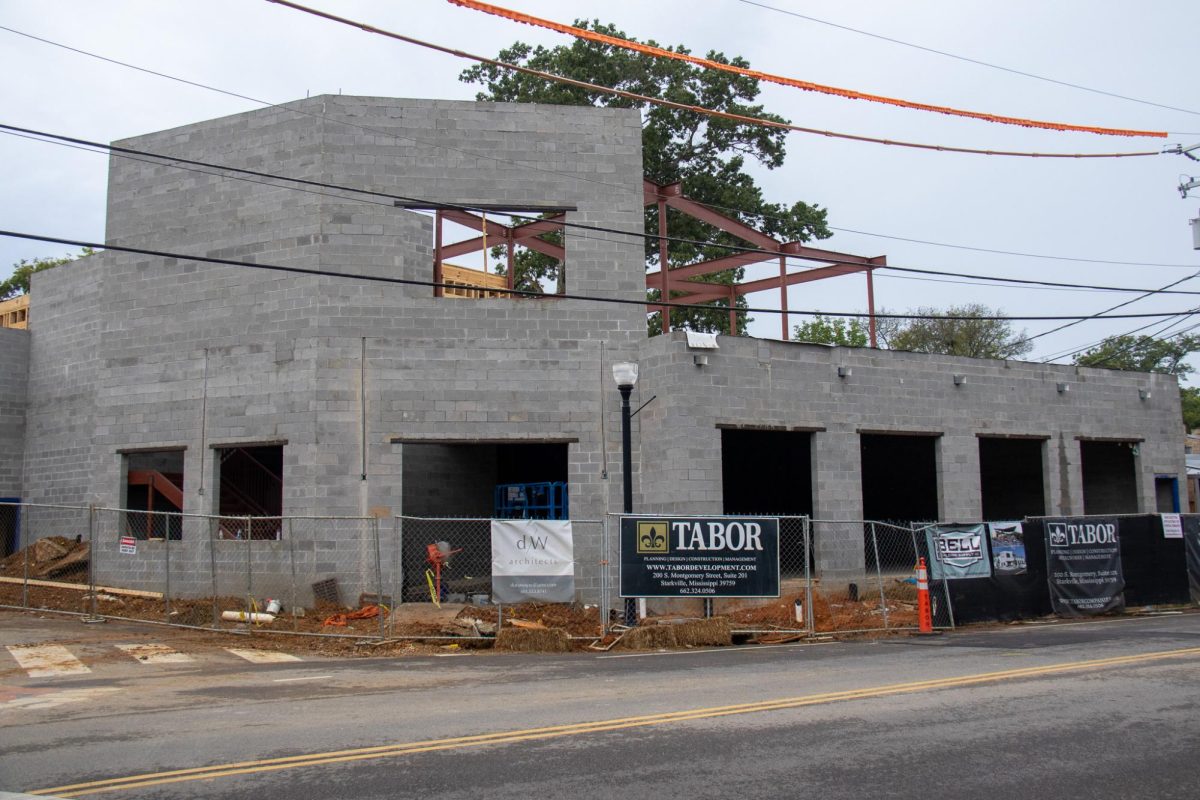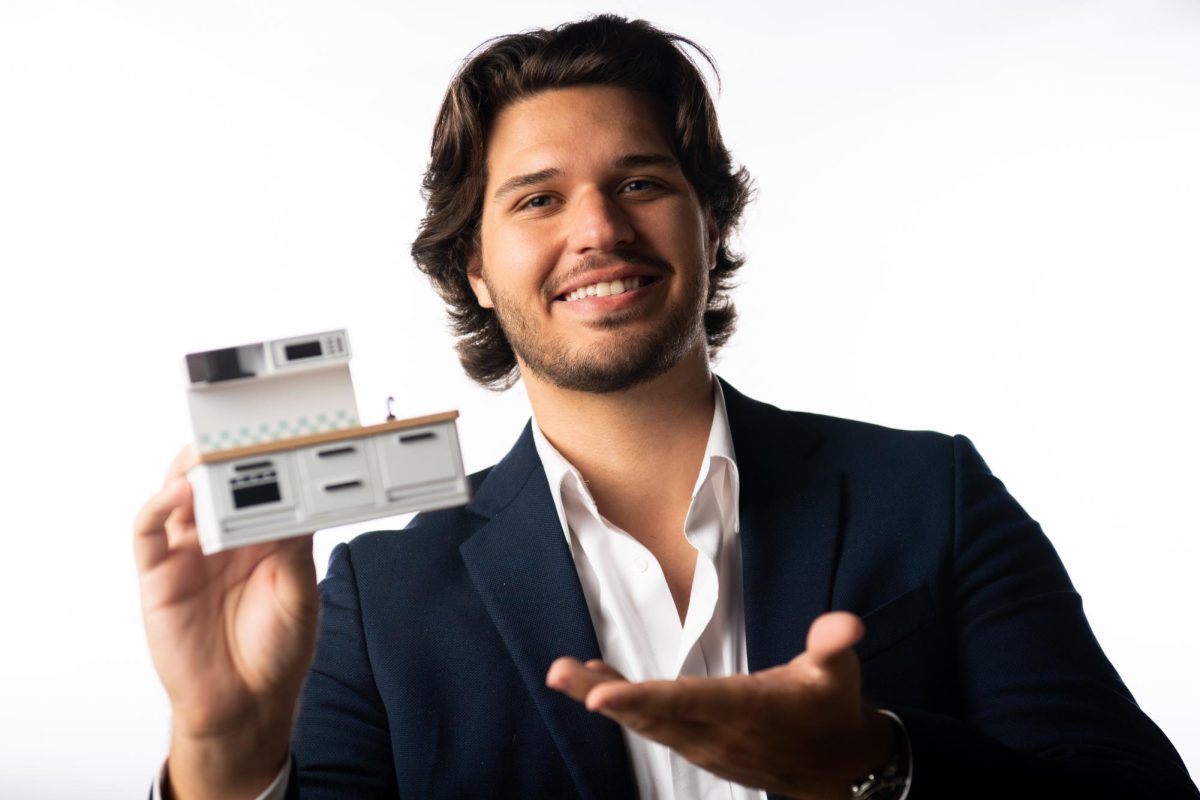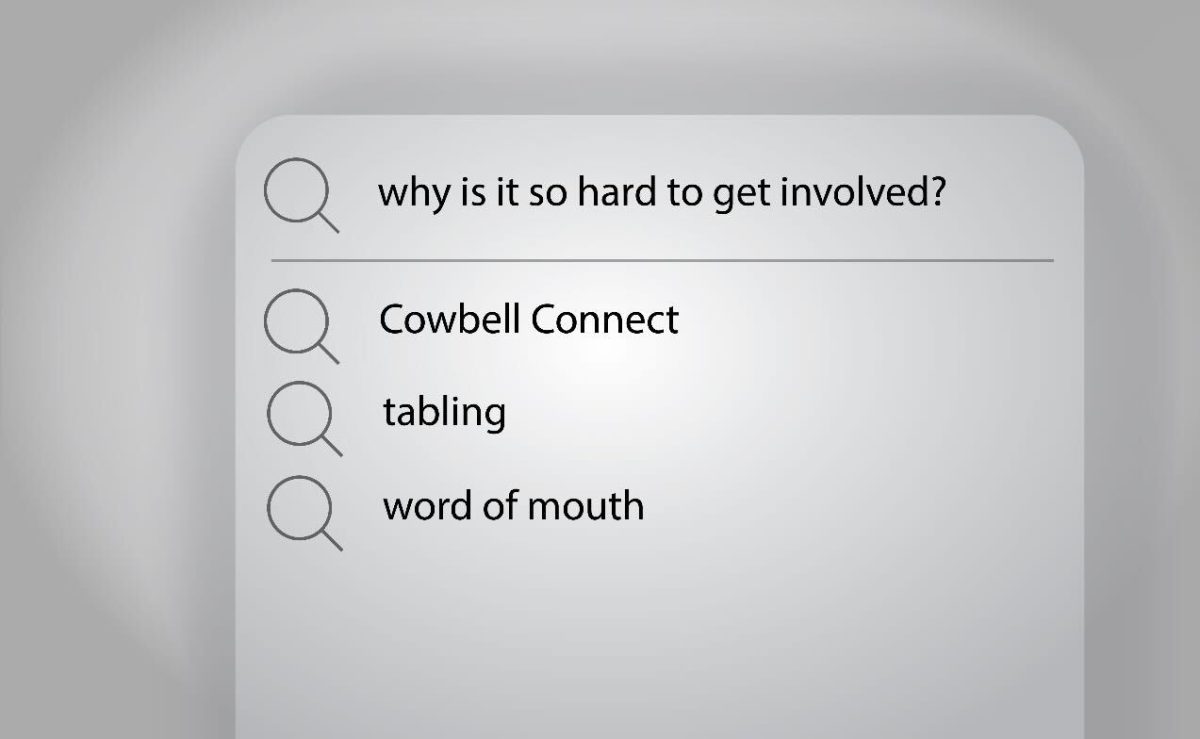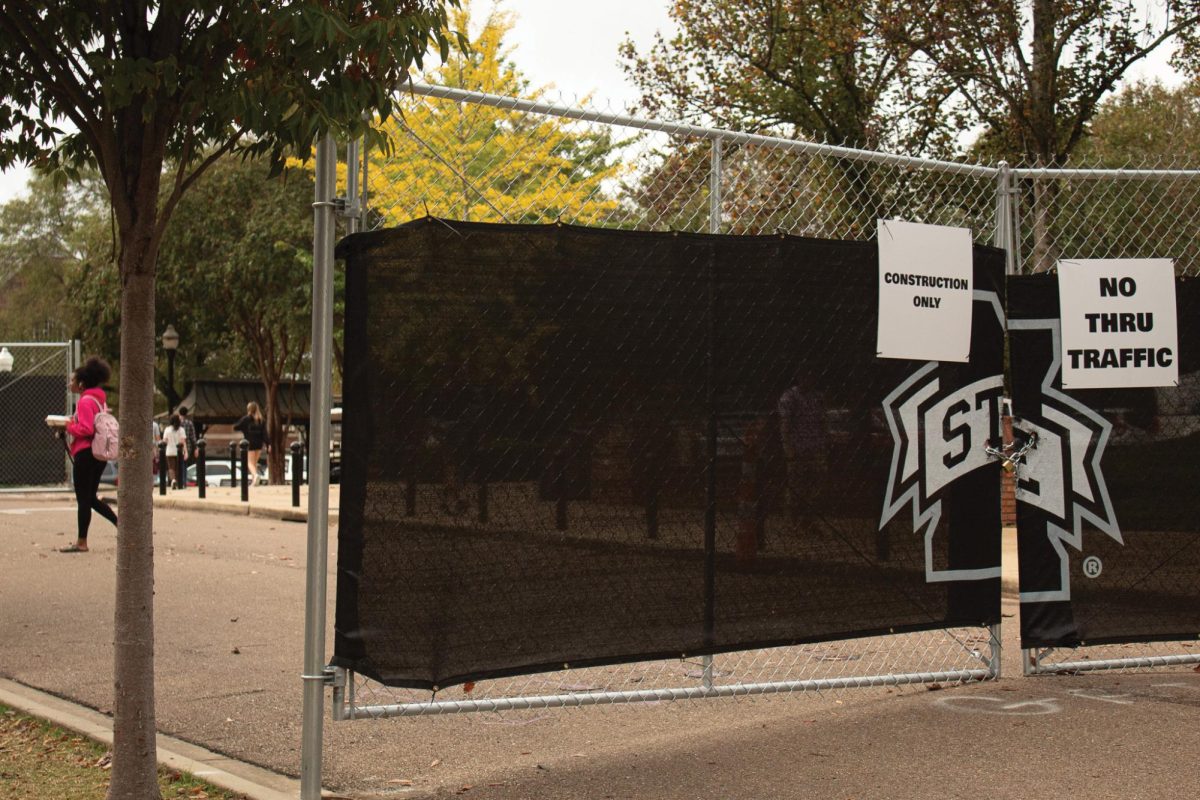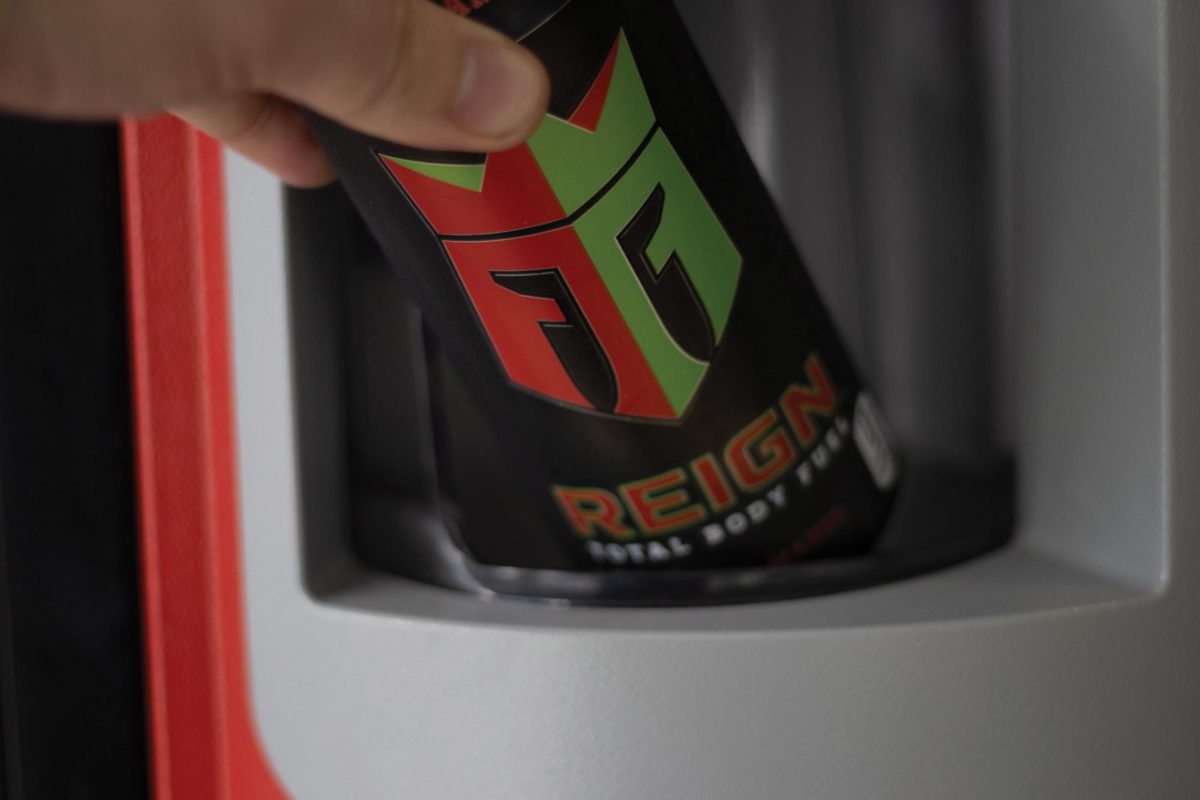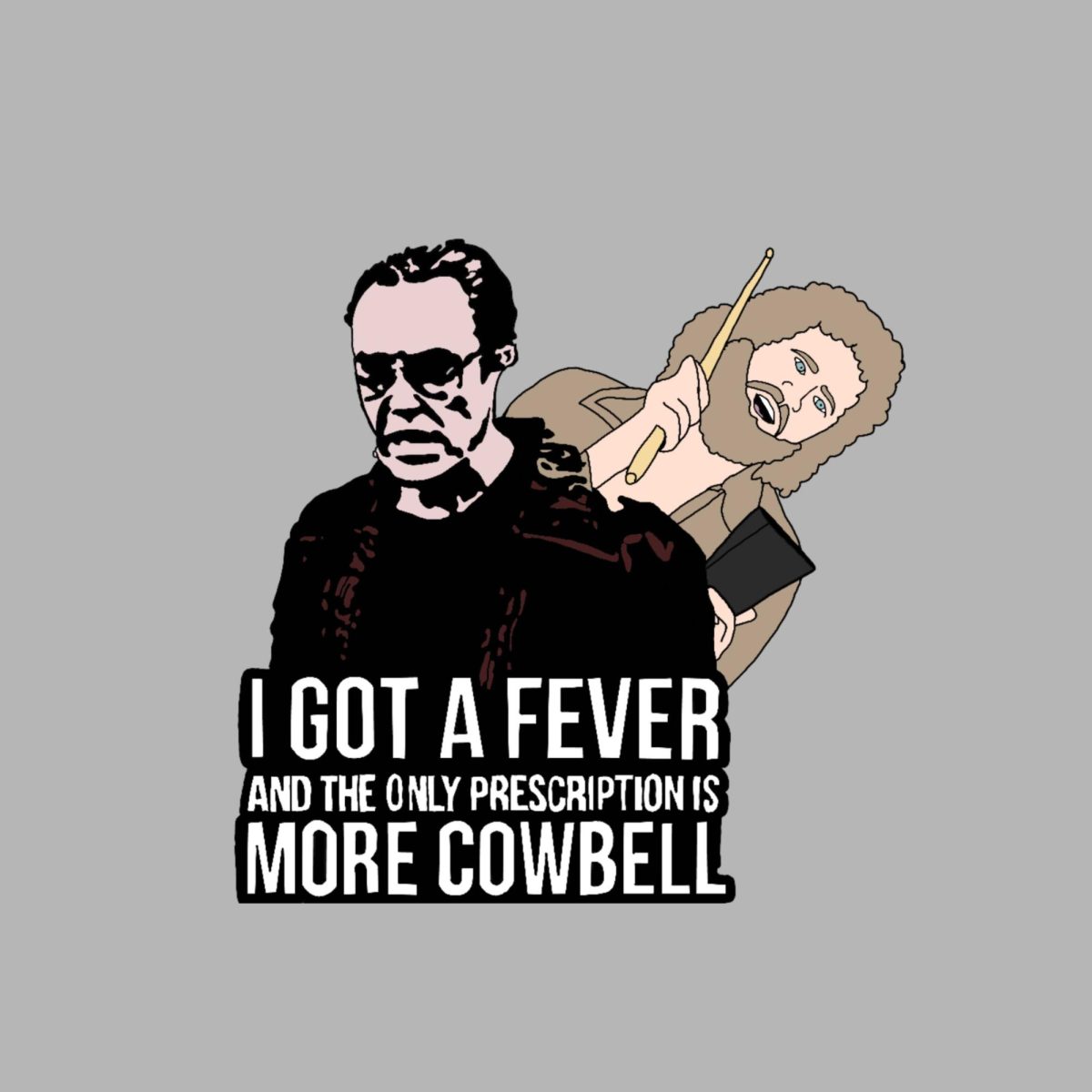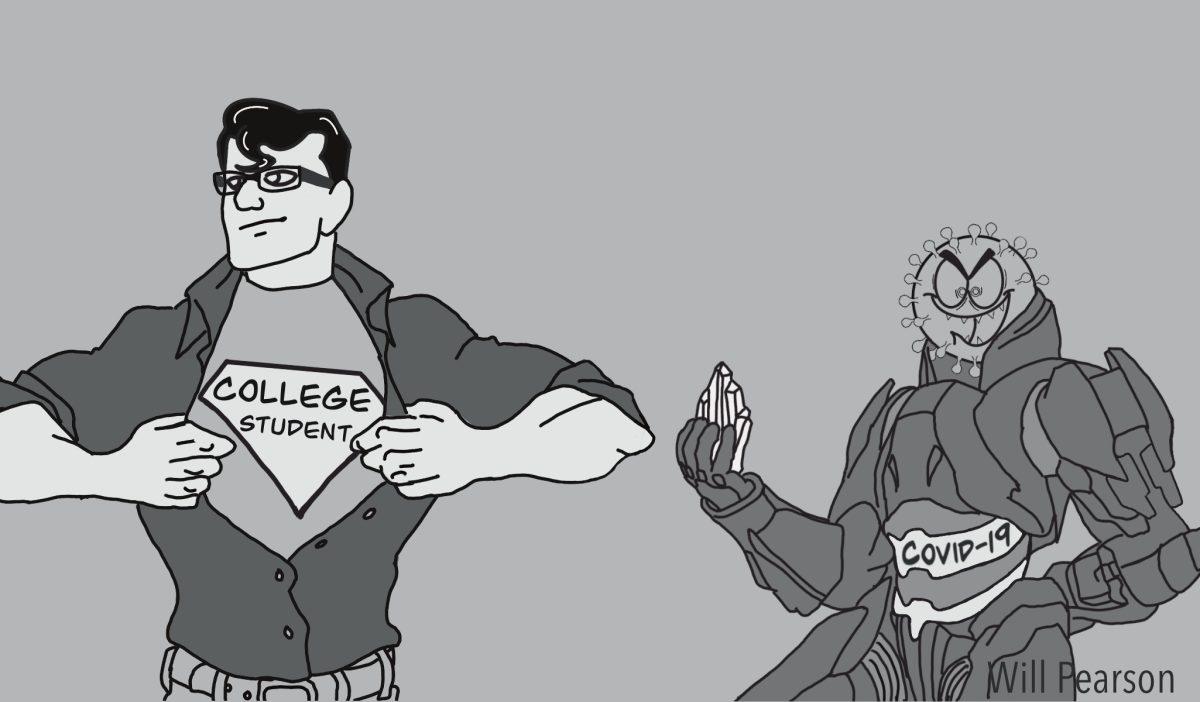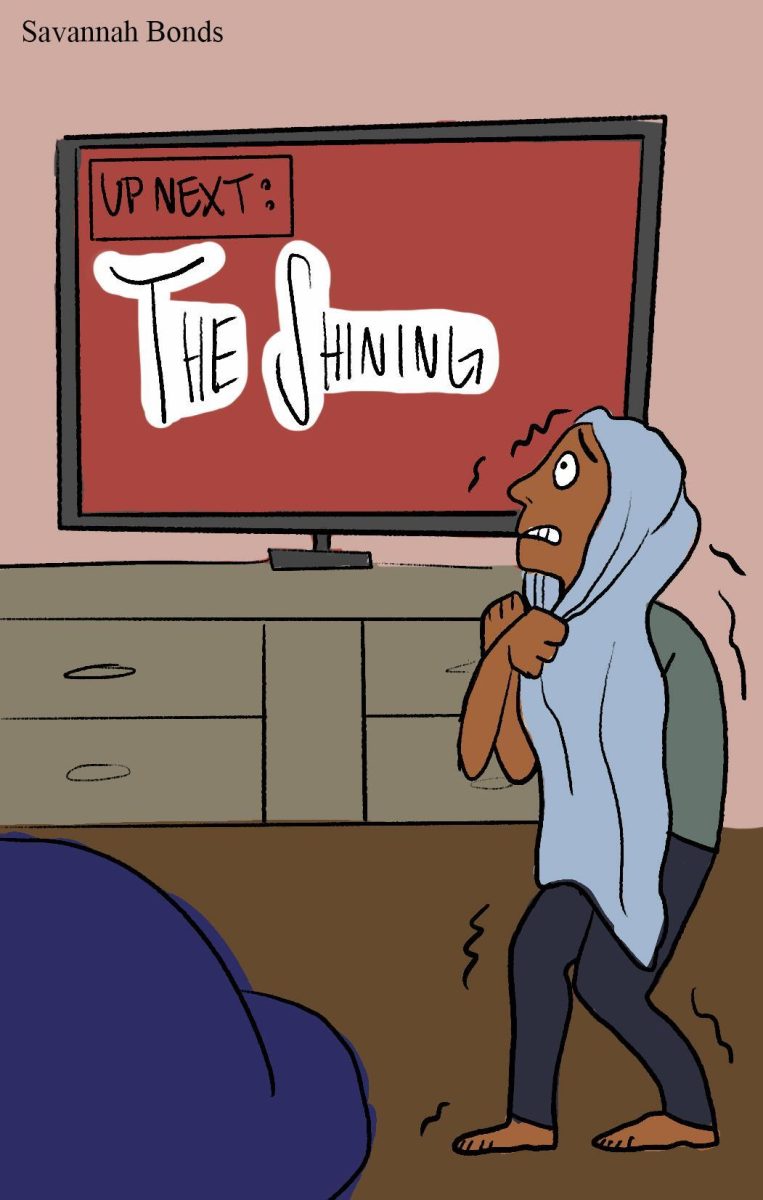David, a senior at Mississippi State University, contracted the Sars-CoV2 virus three weeks ago. After days of crippling gastrointestinal symptoms, fatigue, body aches and difficulty breathing, he was admitted to the emergency room at Oktibbeha County Hospital Regional Medical Center after turning purple from gasping for air, unable to inhale deeply enough to obtain oxygen. He feared for his life. The doctors quickly confirmed that his lungs were filled with fluid, due to double viral pneumonia. He began oxygen therapy and intravenous antibiotic and antiviral medication, all administered in a makeshift private room within the emergency room—the hospital’s COVID-19 isolation ward had no available beds. Although he has finally begun to emerge from the illness, one sentiment was hauntingly consistent throughout the ordeal: he deeply regrets that he did not get the vaccine.
The long-proven efficacy of vaccinations for pathogenic viruses has been widely accepted for decades for illnesses such as measles, rubella and polio—but since the emergence of the current pandemic, vaccine skepticism runs rampant through the American populace, bolstered by pseudoscience and disinformation. Arguments against vaccination, when not pseudoscientific, conflate vaccine hesitancy with a libertarian notion of “personal choice,” especially when mandatory vaccination is concerned. The damage these narratives has wrought is in many cases irreparable. Mississippi is among the worst states in terms of COVID-19 response, with nearly 19,000 cases recorded in the past week, and with a relatively low proportion of the population fully vaccinated, according to the Centers for Disease Control and Prevention’s COVID-19 Data Tracker.
Vaccination rates are the worst in the most rural counties. Wayne County, for instance, has high community transmission, with only 31.3% of the population fully vaccinated. Conservative leadership is now reckoning with its ambiguous treatment of the COVID-19 vaccination, with figures like former President Donald Trump and more right-wing belief centered outlets such as Fox News pivoting from earlier repetitions of “personal choice” arguments to quiet admissions that vaccinations are helpful in preventing serious illness. Brian Niemietz of the NY Daily News writes the former president told rally attendees that he believes in the audience’s personal freedoms, but he recommends taking the vaccines like he and many others have. In response, the attendees—presumably diehard Trump devotees—booed.
Tucker Carlson, a provocative television personality on Fox News, claimed that facial masks “clearly hurt kids,” “obviously damage society” and the vaccines are “experimental drugs.” While the host has refused to disclose his vaccination status on the basis of medical confidentiality, Fox has quietly mandated that employees reveal their status to an internal database and wear masks in confined indoor spaces. The popularity of conservative figures such as these is unequivocally to blame for some of Mississippi’s vaccine hesitancy.
The state has long implemented measures to safeguard public health, from prohibition of smoking in public buildings to the mandatory use of seatbelts. Proof of vaccination against common viral pathogens are commonly required for students, and given the recent FDA approval of the Pfizer-BioNTech COVID-19 vaccine, it would be prudent to consider including COVID-19 vaccinations in this slate of required vaccines. The common term for such a measure would be a “mandate,” which seems to imply an insidious coercive factor, but it is interesting to note that there is no comparative opposition to measles vaccine mandates, or vaccination for any other viral illness.
The hesitancy hurdle remains largely a political one, which has proven to be difficult to overcome. The overriding reason everyone eligible should be vaccinated is simple: self-interest. To avoid serious illness and hospitalization, get your two doses. According to Carla K. Johnson and Mike Stobbe for the Associated Press, almost 99% of the patients who have recently died due to COVID-19 were unvaccinated. As COVID-19 cases rise across the MSU student population, refusing to be vaccinated is a serious personal health risk.
Crippling sickness, as well as death, due to COVID-19 is preventable: if you are eligible for the vaccine, get it—as soon as possible. David had no pre-existing medical conditions or past serious medical events and look what happened to him. Severe illness and hospitalization is not a far-fetched outcome reserved for the elderly and chronically sick: it could happen to you.
Note: The name of the student mentioned above has been altered for anonymity.
Categories:
COVID-19 vaccinations save lives and could save yours too
0
Donate to The Reflector
Your donation will support the student journalists of Mississippi State University. Your contribution will allow us to purchase equipment and cover our annual website hosting costs.
More to Discover







